In a strategic move to enhance Islamic and Arabic education in Nigeria’s North East region, the Minister of Education, Dr. Tunji Alausa, has flagged off a two-week capacity-building workshop for 600 Tsangaya and Islamiyya teachers.
The initiative, held at the Babagana Zulum Hall of the Nigeria Arabic Language Village (NALV) in Maiduguri, Borno State, was jointly organized by NALV and the North East Development Commission (NEDC).
Themed “Modern Techniques of Teaching Arabic for Peace Building: Integration of Arabic Calligraphy,” the workshop aims to equip teachers with contemporary instructional skills while promoting peace through education in a region still grappling with insurgency.
Speaking at the event, Professor Abubakar Kundili, who represented the Minister, lauded the collaboration between NALV and NEDC, describing it as a visionary effort toward tackling the high rate of out-of-school children and improving the quality of Arabic education.
“This initiative marks a bold step towards addressing one of the most pressing educational challenges in the region. With 100 teachers drawn from each of the six North East states, this pilot programme is intended to become a sustainable model for reforming Arabic and Islamic instruction,” he said.
The minister emphasized the significance of the training in fostering accurate use of Arabic grammar and pronunciation, thereby preventing doctrinal misinterpretations that can arise from linguistic errors.
He also expressed appreciation to President Bola Ahmed Tinubu for his commitment to educational reforms under the Renewed Hope Agenda and commended Borno State Governor, Prof. Babagana Umara Zulum, for his steadfast support for educational development.
In his remarks, the Deputy Governor of Borno State, Dr. Umar Usman Kadafur, represented by the Commissioner for Religious Affairs, Hon. Babagana Malarima, stressed the importance of the “train-the-trainer” approach. He described it as a strategic investment that will yield long-term benefits through knowledge transfer.
“Arabic education is not just a religious asset but a bridge to broader academic and diplomatic opportunities. We commend NALV for its excellence in specialized language education and thank the NEDC for its sustained support across the region,” Kadafur noted.
He encouraged participants to take full advantage of the training, describing them as “seeds being nurtured today to become mentors and beacons of knowledge in their communities.”
The workshop is expected to enhance instructional quality in Tsangaya and Islamiyya schools, with a long-term goal of integrating modern teaching methods and fostering peace across the North East.




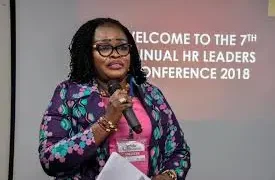

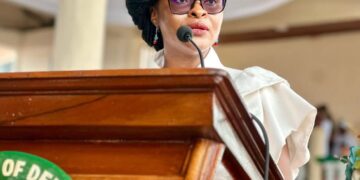























































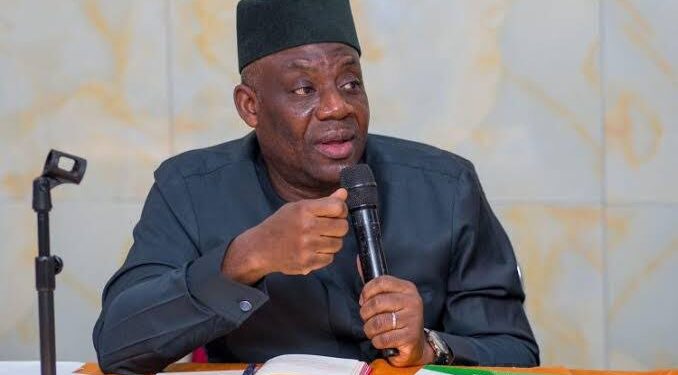




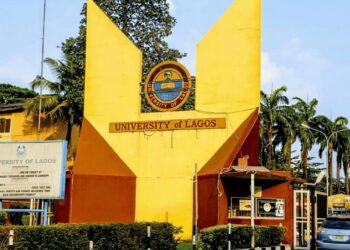

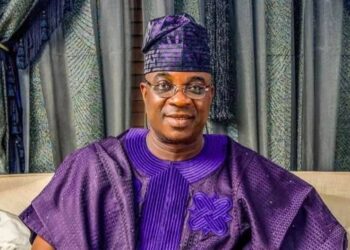
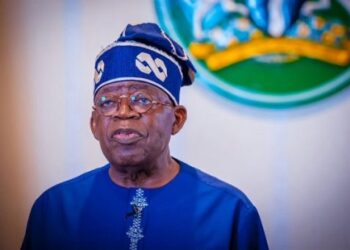











 EduTimes Africa, a product of Education Times Africa, is a magazine publication that aims to lend its support to close the yawning gap in Africa's educational development.
EduTimes Africa, a product of Education Times Africa, is a magazine publication that aims to lend its support to close the yawning gap in Africa's educational development.